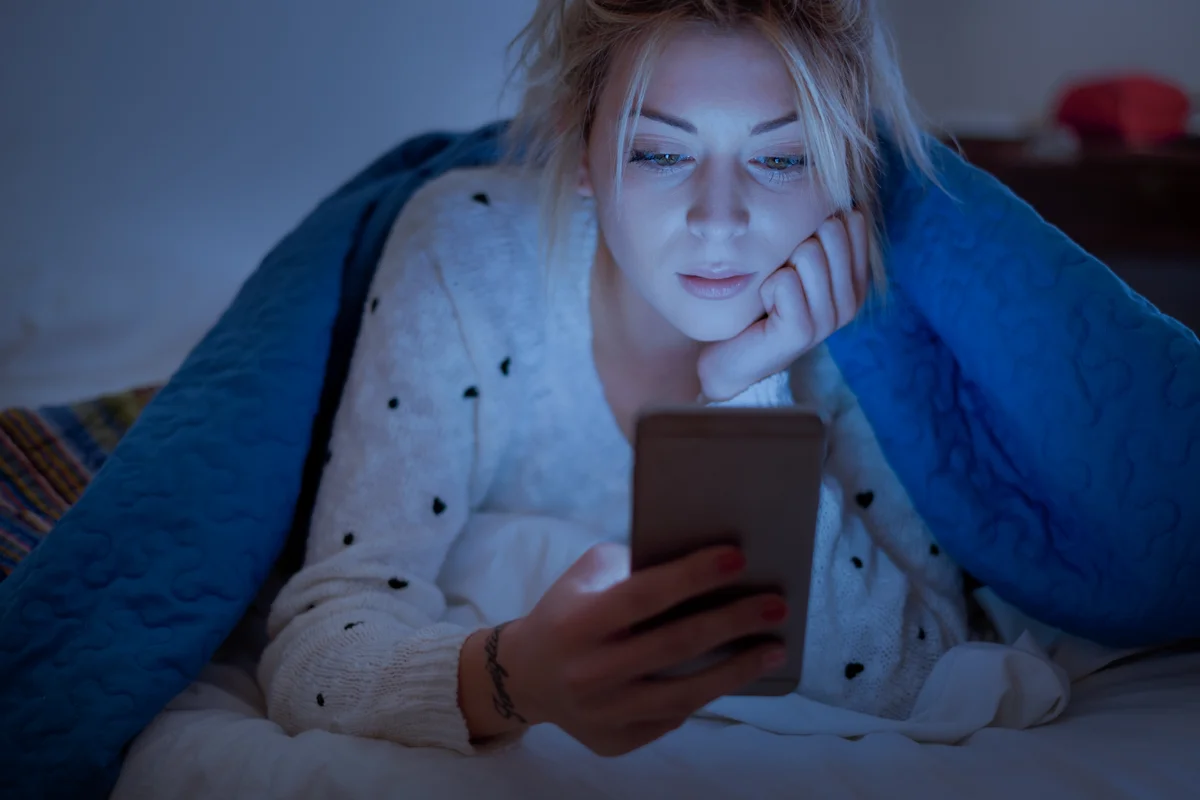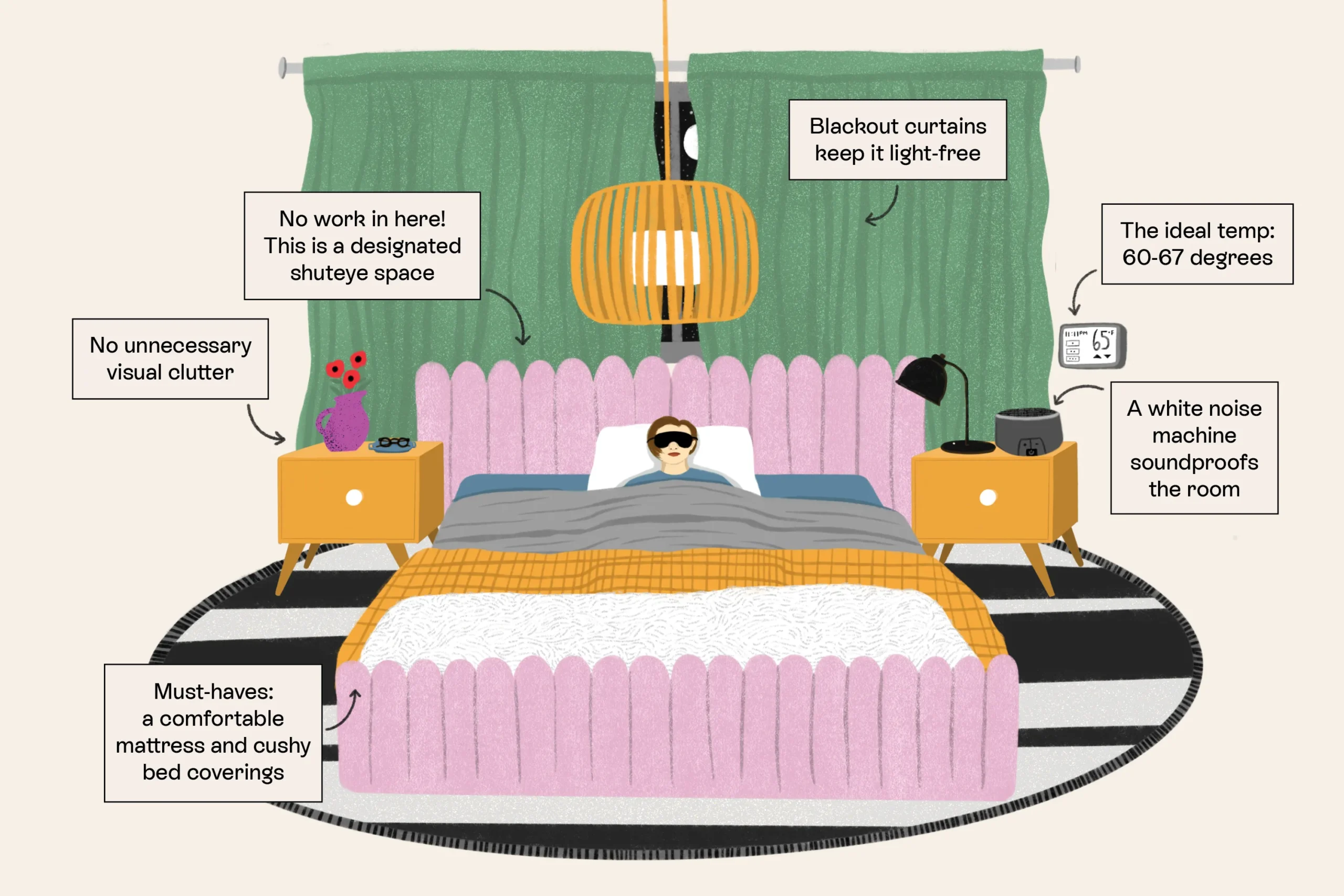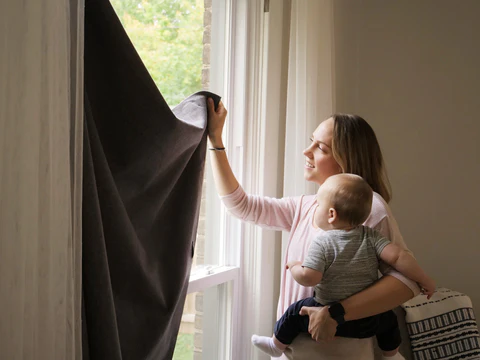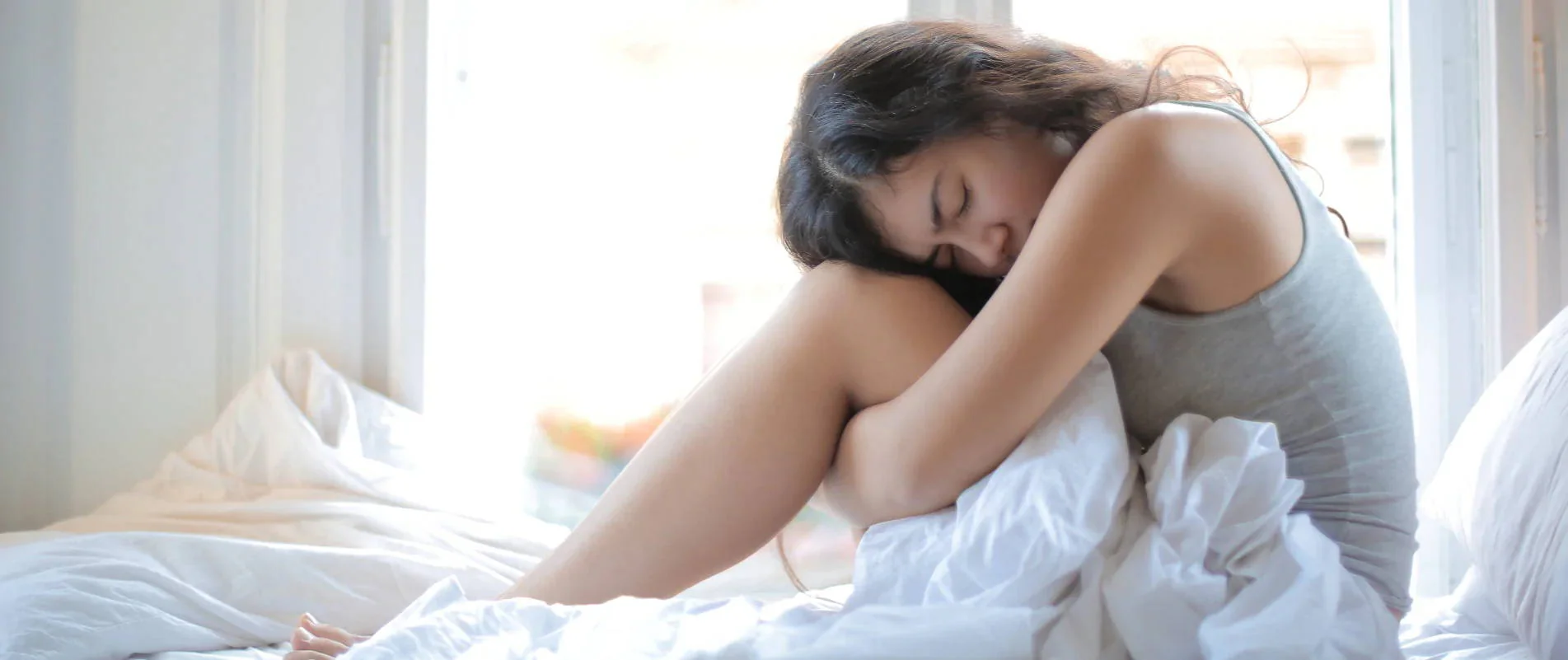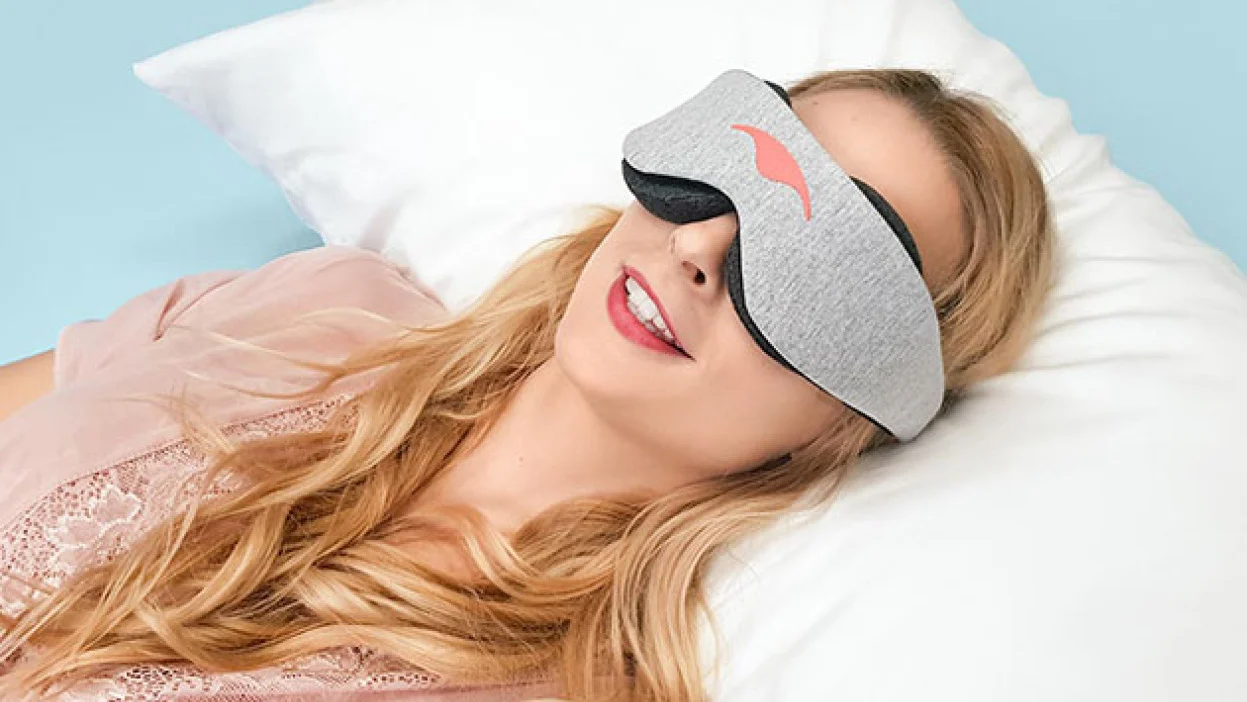If you’ve ever found yourself lying awake at night, struggling to fall asleep after an evening spent staring at your phone, TV, or computer screen, you might already be familiar with the effects of blue light—even if you don’t realize it. Blue light, while all around us in nature and technology, plays a major role in determining how well you sleep. In this article, you’ll learn how blue light impacts your sleep quality and find out which products might help you manage it to get the rest you deserve.
What is Blue Light?
To understand how blue light affects your sleep, it’s helpful to know exactly what it is. Blue light is a type of visible light with a short wavelength that produces a high amount of energy. Natural blue light from the sun helps regulate your sleep-wake cycle, also known as your circadian rhythm. During the day, exposure to natural blue light can boost your mood, increase alertness, and help with cognitive function.
The problem comes in when artificial blue light enters the equation. The screens on your devices—your smartphone, tablet, computer, or even energy-efficient LED lighting—emit blue light. When you spend hours looking at these screens, especially close to bedtime, it can mess with your body’s natural sleep patterns. Let’s break down how this happens.
Blue Light and Your Circadian Rhythm
Your circadian rhythm is an internal clock that runs on a roughly 24-hour cycle and tells your body when it’s time to be awake and when it’s time to sleep. Blue light is instrumental in keeping this clock running properly by influencing the production of melatonin, the hormone that makes you feel sleepy.
When you use a device emitting blue light late in the evening, it tricks your body into thinking it’s still daytime. As a result, your melatonin production gets delayed, and your body doesn’t get the signal that it’s time to wind down and sleep. This means that even if you put your phone down and try to fall asleep, you may find it difficult to do so because your body is still wired for wakefulness.
The Science Behind It: Melatonin Suppression
When you’re exposed to blue light in the evening, melatonin production can be suppressed by up to 85%. Melatonin usually begins to rise in the evening, reaching peak levels that help you drift off into a restful sleep. However, blue light can push this natural process back by hours. This not only makes it harder to fall asleep, but it can also reduce the quality of your sleep.
Lack of melatonin can lead to difficulty in falling asleep, frequent waking during the night, and not feeling refreshed in the morning. This, over time, can negatively affect your mental and physical health. If you’ve ever noticed that you’re irritable, groggy, or sluggish after a late-night Netflix binge or endless TikTok scrolling, blue light may well be the culprit.
Managing Blue Light Exposure
So, how can you keep your exposure to blue light in check and improve your sleep quality? Here are some strategies and products that can make a difference.
1. Blue Light Blocking Glasses
Blue light blocking glasses are one of the most popular solutions for reducing the impact of blue light. If you find it difficult to limit screen time at night—maybe you work late hours or enjoy unwinding with some evening TV—these glasses can be a lifesaver.
A highly recommended product is the “Blue Light Blocking Glasses by Livho”. Available on Amazon, these glasses are well-rated and affordable. They block up to 90% of blue light, which can help keep your circadian rhythm intact even if you’re looking at screens during the late evening. Many users report fewer headaches, less eye strain, and improved sleep quality after using them.
2. Screen Filters
Another option is to use blue light screen filters on your devices. These are physical screen covers that reduce the amount of blue light emitted. One product you can check out is the “Ocushield Anti Blue Light Screen Protector”. These screen filters are available for phones, tablets, and even computer monitors.
Ocushield is particularly effective because it doesn’t compromise the clarity of your screen while filtering out harmful blue light. Installing these filters on your devices can help reduce the strain on your eyes and make it easier for your body to produce melatonin when it needs to.
3. Software Solutions: Blue Light Filtering Apps
If you don’t want to wear glasses or put a screen protector on your device, there are software solutions as well. Many devices now come with built-in blue light reduction features, such as Apple’s Night Shift or Android’s Night Mode. These modes automatically adjust the color temperature of your screen to a warmer hue, thereby reducing blue light exposure.
Additionally, apps like f.lux are available for computers and laptops, making your screen appear more like natural sunlight during the day and then transitioning to warmer tones in the evening. This subtle change can go a long way in helping your body know when it’s time to sleep.
4. Smart Lighting
The type of lighting you have in your home can also impact your blue light exposure. Many people use LED lighting, which tends to emit more blue light compared to traditional incandescent bulbs. If you want to reduce blue light, consider investing in smart bulbs that allow you to adjust the color temperature based on the time of day.
“Philips Hue White and Color Ambiance Smart Bulbs” are a popular choice on Amazon, with thousands of positive reviews. You can set these bulbs to emit a warmer light in the evening, which helps signal to your body that it’s time to start winding down. These bulbs also work with Alexa and Google Home, which makes adjusting the settings incredibly easy.
5. Bedtime Routine and Screen Use
One of the simplest things you can do to manage blue light exposure is to establish a consistent bedtime routine that includes turning off screens an hour before bed. It might be difficult to put away your phone, but even small changes can have a significant effect.
Instead of scrolling through social media, consider reading a physical book or listening to calming music. You could also use this time to engage in relaxing activities like yoga or meditation. There are plenty of guided sleep meditations available on platforms like Spotify or YouTube that can help you wind down without blue light exposure.
Productive Habits for Better Sleep
Aside from minimizing blue light exposure, there are other habits you can adopt to improve your sleep quality:
- Use a Sleep Mask: Even a small amount of light in your room can disrupt your sleep. Consider using a comfortable sleep mask, such as the “MZOO Sleep Eye Mask”. It’s designed to be contoured around your eyes so it doesn’t press against them, and it helps block out light completely, making it easier to fall and stay asleep.
- Create a Sleep-Inducing Environment: Set your bedroom up for sleep success by keeping it cool, dark, and quiet. Blackout curtains, like the “NICETOWN Blackout Curtains”, can be especially useful if streetlights or other forms of outdoor light sneak into your room.
The Broader Effects of Blue Light on Your Health
Sleep isn’t the only thing blue light can affect. Prolonged exposure to blue light can contribute to digital eye strain, which comes with symptoms like dry eyes, headaches, and blurred vision. Many of the same products and strategies that help with sleep can also reduce eye strain, meaning you’re tackling two problems at once.
Additionally, chronic sleep deprivation—a common outcome of unmanaged blue light exposure—can lead to more serious health issues. Over time, poor sleep quality has been linked to conditions like obesity, diabetes, and even cardiovascular problems. By managing your blue light exposure now, you can protect both your immediate sleep quality and your long-term health.
Blue Light and Children
If you have children, managing blue light exposure is even more critical. Kids are particularly sensitive to blue light, and their sleep can be easily disrupted by screen use, especially in the evening. Limiting screen time after dinner and encouraging other activities like reading or drawing can help ensure they get the rest they need.
If your kids do use devices before bed, blue light blocking glasses are available for children too. The “Cyxus Kids Blue Light Blocking Glasses” have great reviews on Amazon and are designed specifically for younger users. Getting your kids into the habit of protecting their eyes early on can set them up for a lifetime of better sleep habits.
Making the Change
Understanding blue light’s effect on your sleep quality is the first step in making positive changes. It’s easy to underestimate the impact of small actions, like scrolling through Instagram before bed or working late on your laptop. But making simple adjustments—like putting on a pair of blue light blocking glasses, changing the lightbulbs in your bedroom, or setting a consistent screen curfew—can lead to big improvements.
So, consider how much blue light you’re exposed to in the evening. If you’re having trouble falling asleep or staying asleep, your devices might be to blame. Taking charge of your blue light exposure can help reset your sleep patterns and bring your body back to its natural rhythm. It might not happen overnight, but stick with it—your body will thank you for it in the long run.
A Brighter (and Darker) Future for Sleep
There’s no denying that we live in a world surrounded by screens. While blue light has its benefits during the day, it becomes an obstacle when you’re trying to wind down at night. By using tools like blue light blocking glasses, screen filters, and smart lighting, you can effectively manage your exposure and protect your sleep quality.
With so many accessible products and simple habits available to help you mitigate blue light, you can start improving your sleep tonight. Remember, sleep is one of the most important foundations of your well-being. If you can make a few changes to reduce blue light exposure, you’ll likely find that you feel more rested, more focused, and healthier overall. Now that you understand the science behind blue light and its impact on sleep, it’s time to take action—one better night of sleep at a time.
